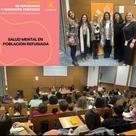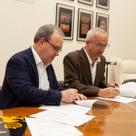Achievements and challenges of equality in political communication
Comillas CIHS gathered Beatriz Llanos, Paloma Piqueras and Ángela Paloma Martín, to talk about equality
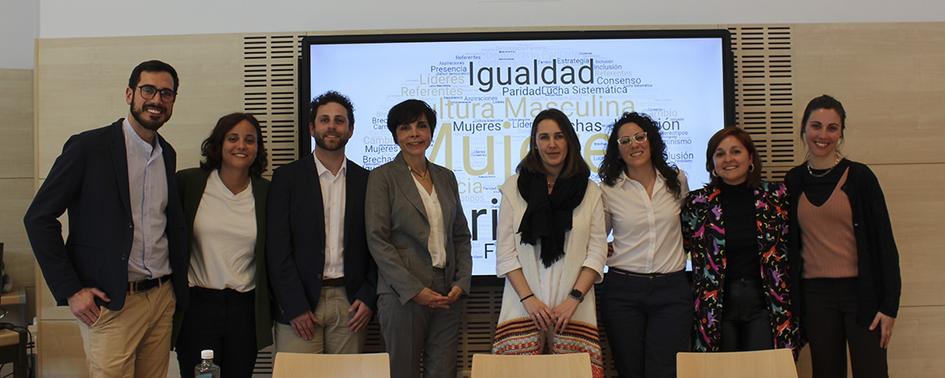
Comillas CIHS gathered Beatriz Llanos, Paloma Piqueras and Ángela Paloma Martín, to talk about equality
24 March 2023
The lecture series “Current Topics in Strategic Communication” brought together three specialists in political communication at the Faculty of Humanities and Social Sciences (Comillas CIHS) to talk about the role of women in political communication.
Beatriz Llanos Cabanillas graduated in Law and has a Master’s Degree in Political Communication. In her intervention, Beatriz helped the students develop a picture of the situation of women in politics in Latin American countries. While the region has seen a generalised advance in the presence of women in governments, countries differ from one another. Countries like Mexico and Bolivia top the lists as democracies with parity laws that have facilitated a high female participation. Then, we find countries with gender quota as, for example, Colombia. Lastly, we also find countries that, either have not established any type of measure to guarantee female participation, or that are not democracies.
Paloma Piqueras Conlledo is a Doctor in Communication and is vice-president of the Association for Communication in Politics (ACOP). Paloma briefly summarised the role of women in political consultancy. She explained that, historically, consultancy has been a strategy job, very associated with war and the male roles. Nowadays, in Europe, consultancy firms only have a 31% of women. However, this has changed in recent years, as politics needed consensus. This context forces consultancy firms to stop differentiating between female and male roles, and to look for a mix of skills in their employees, regardless of their gender.
Ángela Paloma Martín Fernández is a Doctor in Gender Studies Cum Laude. Currently, she is Director of the Cabinet of the State Secretariat for Digitalization and Artificial Intelligence. Ángela introduced the students to the media representation of women. When the media talks about war, security and domestic policy, women never come into the picture because, although they are there, these issues have always been associated with men. Ángela explains, from her experience, how these last few years, the government has tried not to exclude women in its speeches with the aim of changing the social reality.
The three of them agreed that the presence of women in political communication is a road full of obstacles. The first one is the own difficulty of the path itself, as politics is a very competitive career for which not everybody is prepared. The second obstacle is prejudices about women’s roles, often associated with soft skills, historically rejected in politics.
Related news
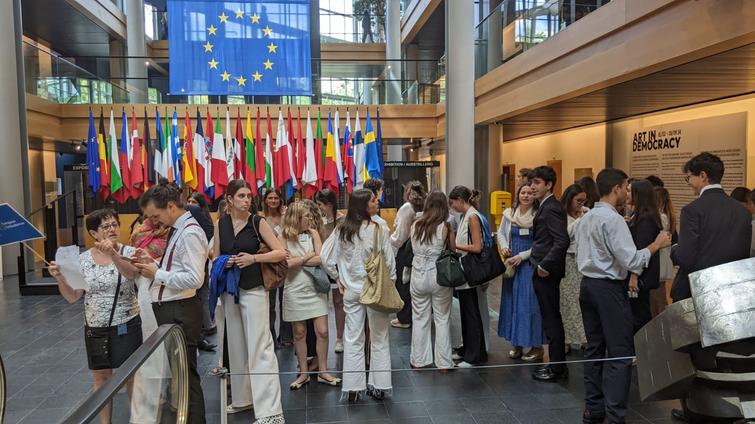
Third year RRIICOMM students continue their experience visiting European institutions in Strasbourg during the month of July.
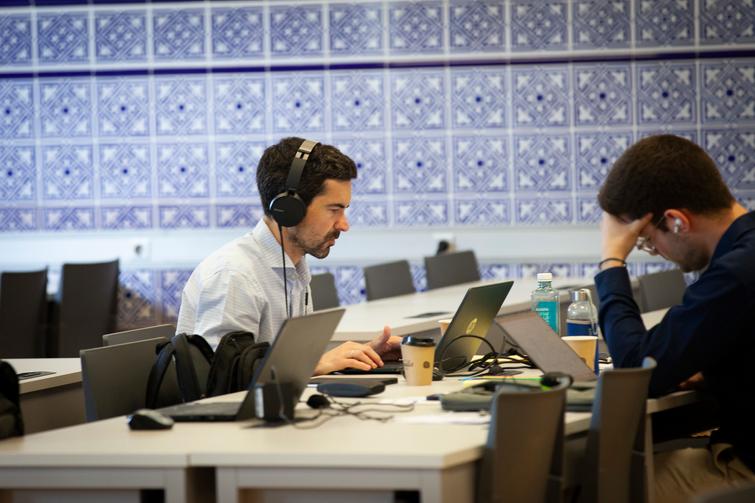
The Faculty of Economics and Business Administration (Comillas ICADE) organises the 4th Research Hackathon
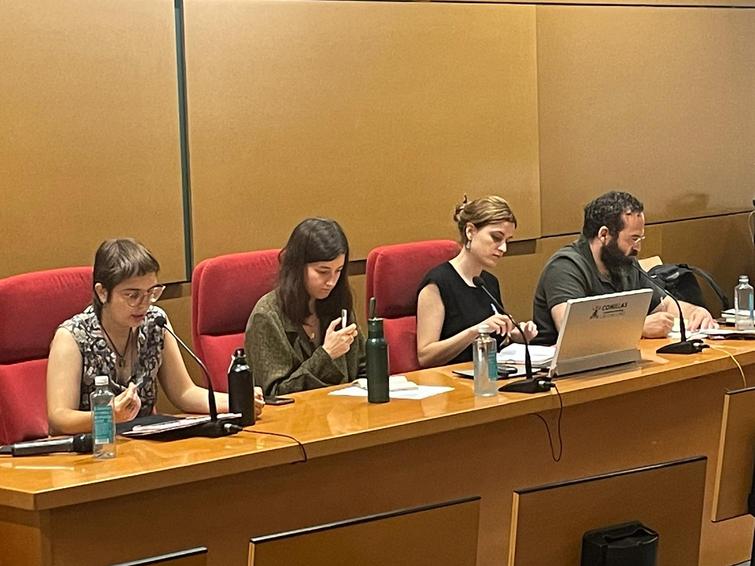
The debate offered various perspectives on the dangers and opportunities that technology presents in our time



